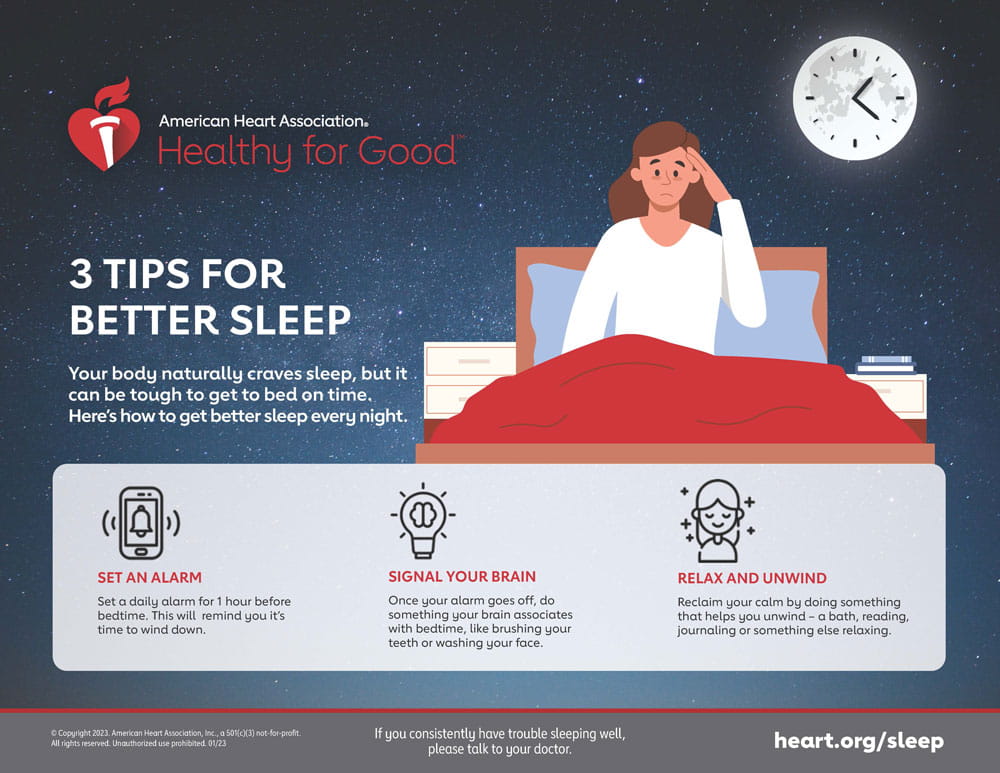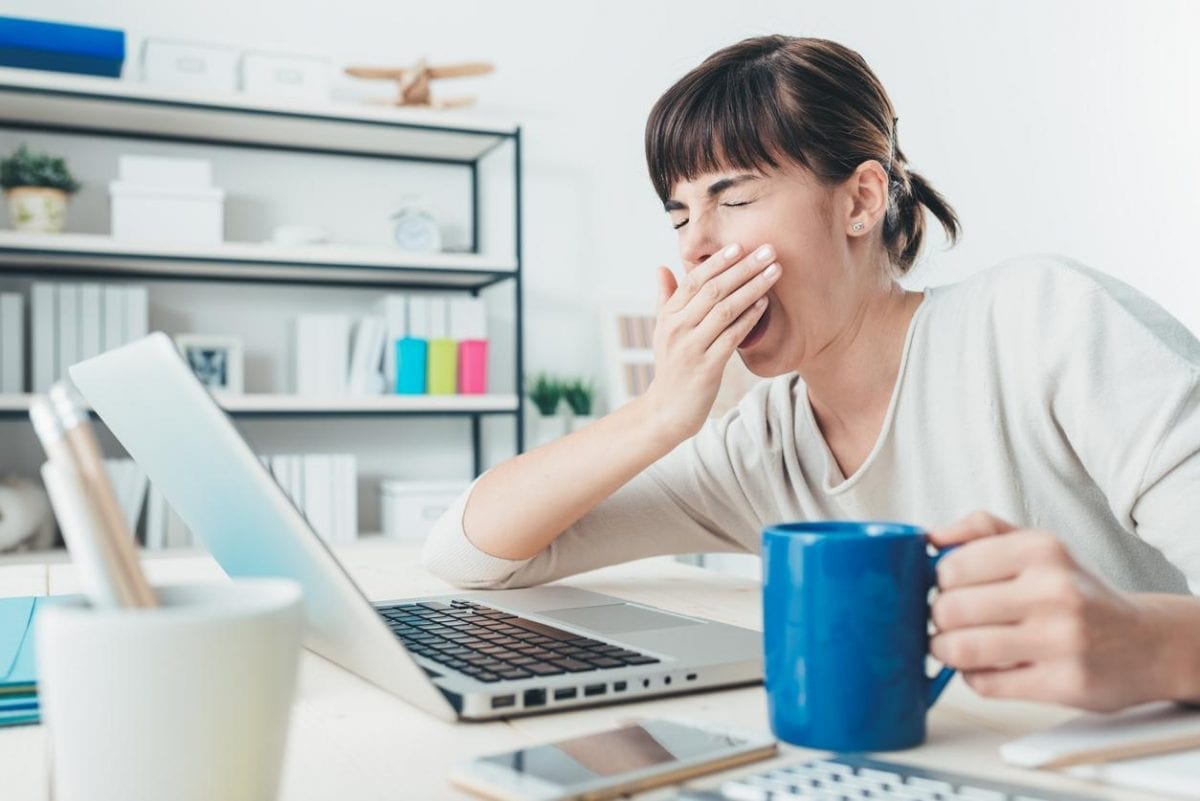Concentration is something that every professional strives for. Over the course of time, it has been proven that being more concentrated means being more productive as well. As it happens, people try out a number of methods to increase concentration, starting from guided sleep meditation to changing the environment due to a lack of sleep or proper sleep quality.
Often, focus is read along with the whole concept of concentration. The last time we checked, though, most of us ignore one point while talking about concentration and focus — the amount of sleep one gets.
The amount of sleep one gets is closely linked to focus and concentration. Essentially, it means the lack of sleep can be really bad for your own focus and concentration. Wondering how? In this article, we will explain how the lack of sleep affects focus and concentration.
Lack of Sleep or Sleep Deprivation
Lack of Sleep, which is technically called Sleep Deprivation, is the situation when you don’t get an adequate amount of sleep per day. See, the human body is designed in such a way that it needs to rest for a specific time period. Generally, an adult should get 6 to 8 hours of sleep per day. Failing to sleep for at least six hours can get you counted under sleep-deprived people, which is a huge number so to speak.
Now, there are a number of reasons why you may be sleep-deprived. The reason can be something as simple as your cold, or something as serious as obstructive sleep apnea. Or, even commonly, it can be your normal addiction to smartphones, apps and Netflix. If you are a completely free man and got nothing specific to do, it would have been awesome.
However, if you are a professional who wants to concentrate while working, things change. You may have already tried many things to increase your focus and concentration, such as listening to relaxing music or a few mental health tips. Keep all those things aside and listen when we talk about the connection between cognitive functions and sleep.
Sleep and Cognitive Functions
Cognitive Functions refers to the bunch of actions that involve the acquisition of knowledge, which helps an individual in the long run to complete certain tasks and process information. In other words, concentration and focus come under the domain of cognitive functions. So, if you want to focus on something or have an amazing level of concentration, cognitive performance must be up to the best levels.
This is where the sleep factor comes in.
The human brain needs sufficient amount of sleep in order to carry out cognitive function. It means that, if you are not getting enough sleep, your brain will not be able to think, focus or concentrate — since all these things come under the purview of cognitive functions. Underperforming cognitive functions are the reason why you cannot focus/concentrate when you don’t have enough sleep.
What Sleep Does To Your Brain
Basically, your brain requires plenty of sleep for the basic functioning. You may not know anything but a lot of things are happening when you are sleeping. For instance, if you are a creative professional, your brain is making a lot of core ideas inside while you are sleeping. Even otherwise, a lot of actions such as the transfer of memory — from short-term to long-term — are also taking place inside the brain when you sleep.
Getting less than the sufficient amount of sleep means that these functions would not take place. Unlike the common notion, getting these actions halfway done isn’t enough. In fact, it can cause serious problems for the whole system. At the end of the day, problem-solving, innovative thinking and disruptive thoughts etc. are possible only when your brain gets a sufficient amount of sleep.
Long story short, you cannot focus/concentrate if you have been depriving yourself of sleep.

Dealing With It
The human body is quite powerful than you think it is. If it does not get enough sleep, it will show some signs to prove that to you. You may be yawning all the time, feeling dizzy and of course trying to nap at every single place. What you should do is to make up for the time you have missed. As it happens, there are a number of ways to fall asleep faster.
You can, for instance, listen to some relaxing music. These music tracks have been synced with the normal heart-beats of a person, thereby enhancing the chances of sleep. Also, you should consider consuming food that can induce sleep. You can include food such as meat, whole grains and even some red wine. At the same time, make sure you steer yourself away from coffee, which can be a real sleep-killer.
Just so you know, the lack of sleep leads to physical issues as well.
The Bottom Line
We hope you understood how lack of sleep affects your focus and concentration. So, if you are a professional with deadlines to meet, make sure that you get plenty amount of sleep. On a related note, too much sleep is not recommended either.









2 Comments
Comments are closed.